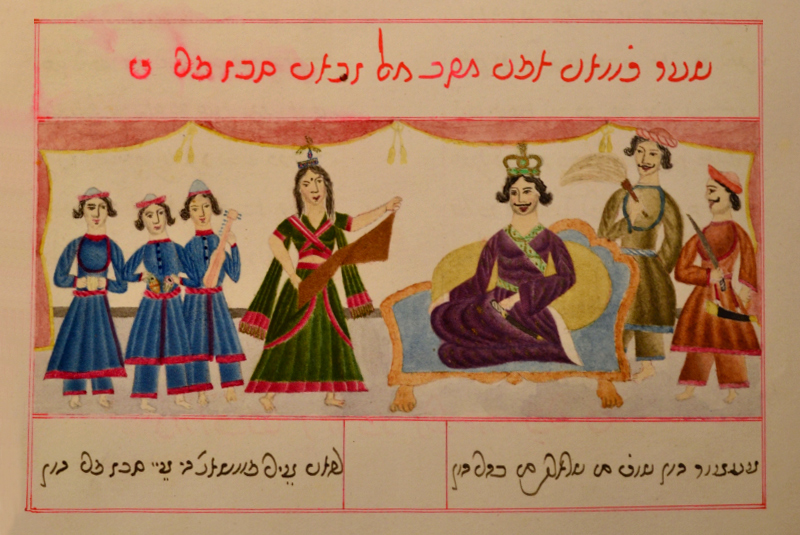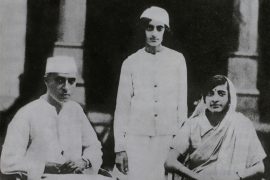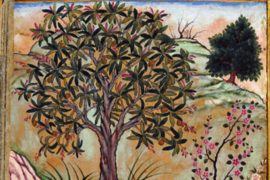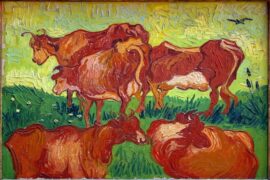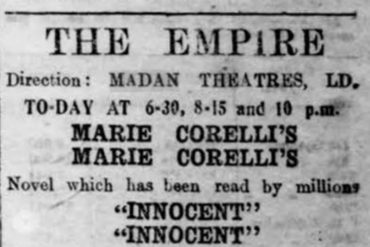In the summer of 1875, the Bengal Renaissance culminated in a theatre boom in Calcutta, then the heart of the British-Indian Empire. The Empire’s capital was a hotbed of intellectuals, artists and culture and plays.
Among the plays of note was “The Splendid Opera of Indur Sabha” – an Urdu play about the court of a Hindu deity, funded by the local Jewish community. Calcutta’s Jewish community was (and are) called the Baghdadi Jews – a nod to their heritage as settlers from Baghdad of what was once the Ottoman Empire.
In the midst of steadily-more cosmopolitan times in Bengal, they settled and made themselves at home in their culture – and in that of the cultures around them. Between 1856-66, the Baghdadi Jews had their own serial, ‘Doresh tov le’ – later renamed the Hebrew Gazette. With an elegant lithography, it was written in their distinct Judeo-Arabic dialect in a Hebrew script.
The play has its roots with a local Nawab of Awadh, Wajid Ali Shah, who, banished from his empire in Awadh (now Uttar Pradesh), lived a secluded life on the banks of the Hooghly river. He greatly resented the annexation of his kingdom but passed his days by supporting the arts. His court was a place where the arts of India found expression, from the dance form of Kathak to the theatrical adaptation of Hindu legends. The Nawab himself tried his hand at writing plays, penning a drama called ‘Radha Kanhaiya ki Qissa’ on the life of Krishna as Cowherd.
Copyright©Madras Courier, All Rights Reserved. You may share using our article tools. Please don't cut articles from madrascourier.com and redistribute by email, post to the web, mobile phone or social media.Please send in your feed back and comments to [email protected]

